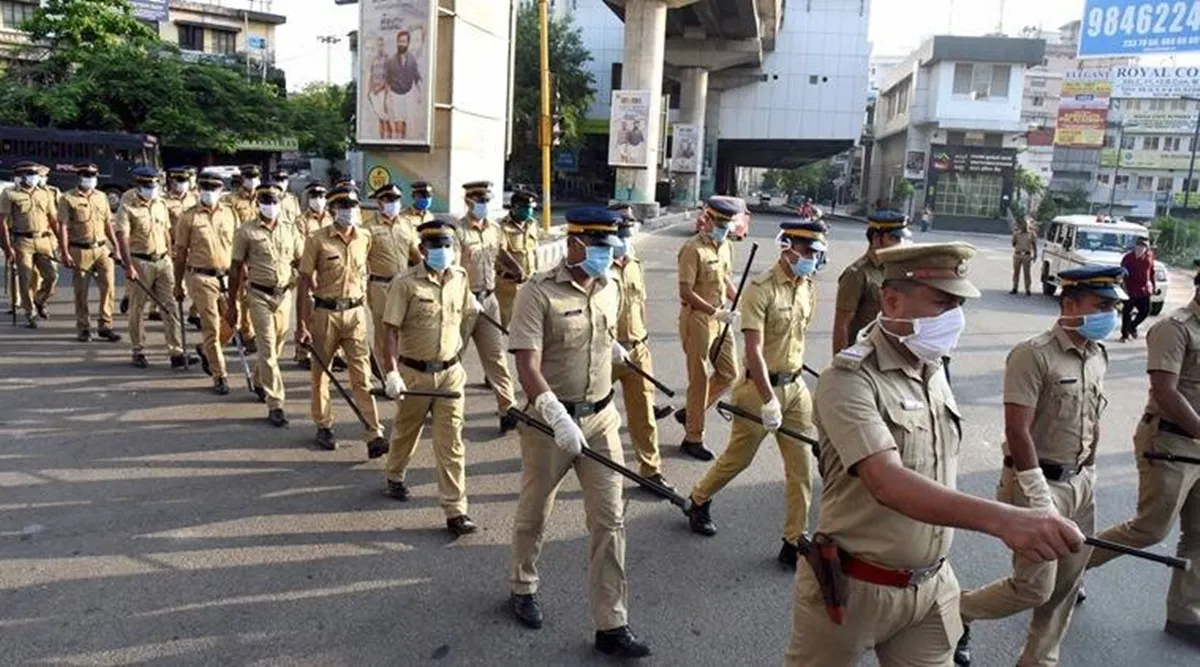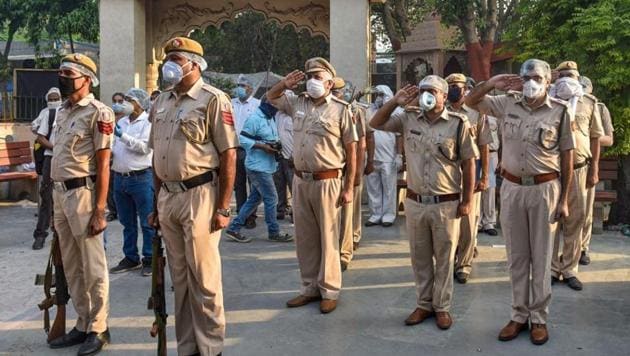
Asking people to settle on between privacy and health is, in fact, the very root of the matter. Because this is often a false choice. we will and will enjoy both privacy and health. we will prefer to protect our health and stop the coronavirus epidemic not by instituting totalitarian surveillance regimes, but rather by empowering citizens. In recent weeks, a number of the foremost successful efforts to contain the coronavirus epidemic were orchestrated by South Korea, Taiwan and Singapore. While these countries have made some use of tracking applications, they have relied much more on extensive testing, on honest reporting, and on the willing cooperation of a well-informed public. Centralized monitoring and harsh punishments aren’t the sole thanks to make people suit beneficial guidelines. When people are told the scientific facts, and when people trust public authorities to inform them these facts, citizens can do the proper thing even without an enormous Brother watching over their shoulders. A self-motivated and well-informed population is typically much more powerful and effective than a policed, ignorant population. Consider, for instance, washing your hands with soap. This has been one among the best advances ever in human hygiene. This easy action saves many lives per annum. While we take it without any consideration, it had been only within the 19th century that scientists discovered the importance of washing hands with soap.

Previously, even doctors and nurses proceeded from one surgery to subsequent without washing their hands. Today billions of individuals daily wash their hands, not because they’re scared of the soap police, but rather because they understand the facts. I wash my hands with soap because I have even heard of viruses and bacteria. I understand that these tiny organisms cause diseases, and that I know that soap can remove them. But to realize such A level of compliance and co-operation, you would like trust. People got to trust science, to trust public authorities, and to trust the media. Over the past few years, irresponsible politicians have deliberately undermined trust in science, publicly authorities and within the media. Now these same irresponsible politicians could be tempted to require the high road to authoritarianism, arguing that you simply just cannot trust the general public to try to do the proper thing. Normally, trust that has been eroded for years can’t be rebuilt overnight. But these aren’t normal times. During a moment of crisis, minds can also change quickly. you’ll have bitter arguments together with your siblings for years, but when some emergency occurs, you suddenly discover a hidden reservoir of trust and amity, and you rush to assist each other. rather than building a surveillance regime, it’s not too late to rebuild people’s trust in science, publicly authorities and within the media. We should always definitely make use of the latest technologies too, but these technologies should empower citizens. I’m beat in favor of monitoring my blood heat and vital signs, but that data shouldn’t be wont to create an all-powerful government. Rather, that data should enable me to form more informed personal choices, and also to carry the government in charge of its decisions. If I could track my very own medical condition 24 hours each day, I might learn not only whether I even have become a hazard to people, but also which habits contribute to my health. And if I could access and analyse reliable statistics on the spread of coronavirus, I might be ready to judge whether the government is telling me the reality and whether it’s adopting the proper policies to combat the epidemic. Whenever people mention surveillance, remember that an equivalent surveillance technology can usually be used not only by governments to watch individuals — but also by individuals to watch governments. The coronavirus epidemic is thus a serious test of citizenship. Within the days ahead, all folks should prefer to trust scientific data and healthcare experts over unfounded conspiracy theories and self-serving politicians. If we fail to form the proper choice, we’d find ourselves signing away our most precious freedoms, thinking that this is often the sole thanks to safeguard

